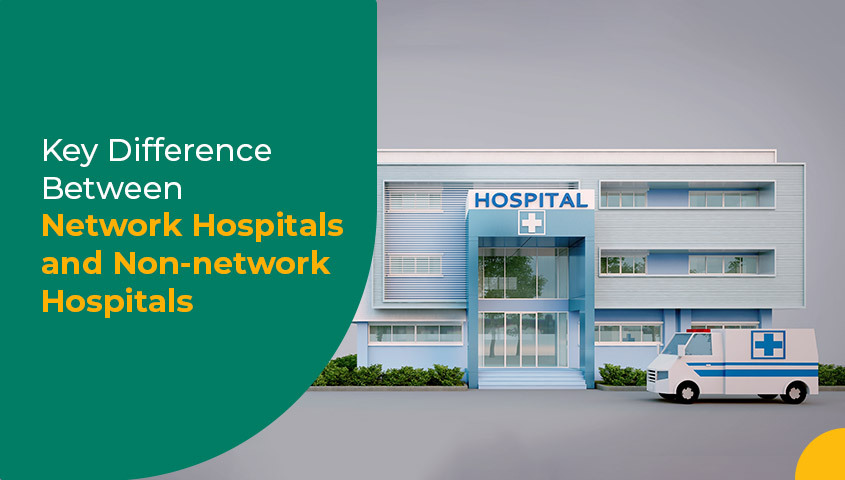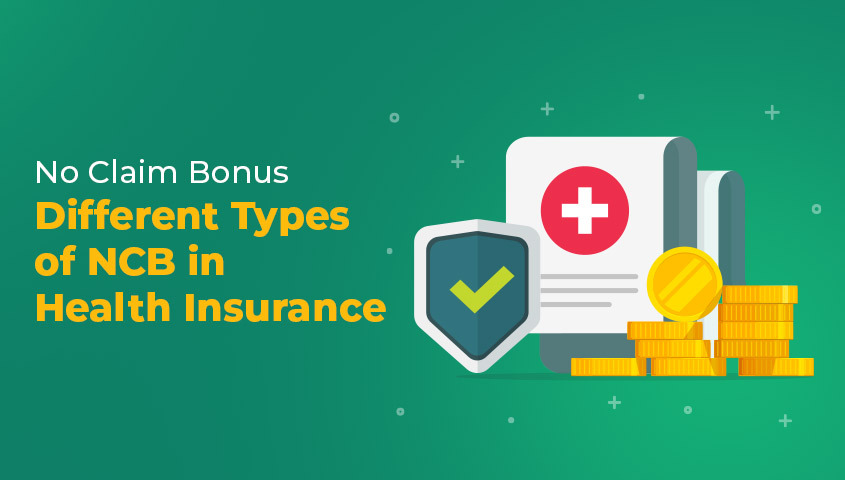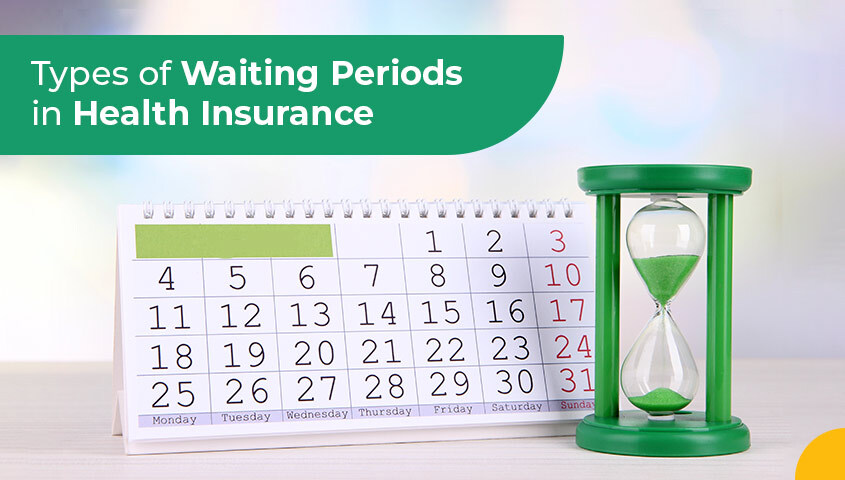
Table of Contents
- Section 80D Deduction Limit
- Eligible Medical Expenses For Section 80D Deductions
- Strategies to Save Income Tax for Senior Citizens
Healthcare expenses during old age can put a significant burden on finances. Investing in a comprehensive health insurance plan is a must to manage the expenses of regular medical care as well as unexpected medical emergencies. The premium paid towards health insurance also helps save income tax for senior citizens under section 80D.
In cases, when due to an underlying health condition or a pre-existing disease, getting health insurance becomes difficult or too expensive for senior citizens, they can save income tax by claiming tax deduction on medical expenses, provided the payment is done in a mode other than cash.
Section 80D Deduction Limit of Medical Expenses for Senior Citizen
Section 80 D of Income Tax Act focuses on tax deductions for health insurance premiums and medical expenses of every individual or family. Tax deductions are allowed on health insurance premiums to encourage individuals and families to invest in health insurance. Similarly, deductions on medical expenses are allowed to address the increased medical expenses of senior citizens. Note that cash payments are not eligible for 80D deductions and only payments made in any mode other than cash will be eligible. The table below explains the 80 D deduction limits.
| Individual Paying The Premium | Tax Deduction Limit for Non-Senior Citizens | Tax Deduction Limit Premium for Senior Citizens | Maximum Tax Deduction Limit U/S 80 D |
| If the premium is paid by a senior citizen | NA | ₹ 50,000 | ₹ 50,000 |
| If the premium is paid by a non-senior citizen for self, spouse, children and senior citizen parents. | ₹ 25,000 | ₹ 50,000 | ₹ 75,000 |
| If the premium is paid by a senior citizen for self, spouse, children and senior citizen parents. | ₹ 50,000 | ₹ 50,000 | ₹ 1,00,000 |
Eligible Medical Expenses for Section 80D Deductions
Individuals or families can claim deductions for the following medical expenses.
1. Preventive health checkups
Under section 80D, preventive health checkup expenses are eligible for deduction up to ₹5000. This deduction is included in the total deduction of ₹ 50,000 for senior citizens and ₹25,000 for non-senior citizens. Note that cash payment is allowed for preventive checkups.
2. Medical bills/expenses
Under section 80D medical expenditures are also eligible for deductions up to ₹ 50,000 for senior citizens who do not have a health insurance policy. These expenses include consultation fees, medicine bills, the cost of hearing aids, pacemakers or any other medical device.
3. Medical conditions/diseases specified in the Income Tax Act
Under section 80DDB, there are certain medical conditions or diseases listed, for which deduction is allowed up to ₹ 1 lakh for senior citizens and up to ₹ 40,000 for non-senior citizens. These diseases include neurological diseases, cancer, AIDS, etc. For diseases not listed in section 80 DDB, you can claim deductions u/s 80 D. For any disease not listed in section 80DDB, you can claim a deduction in section 80D.
4. Central Government Health Scheme (CGHS) Contributions
Any contributions to CGHS or any other notified scheme are eligible for section 80D income tax deduction of up to ₹ 25,000 if payment is made by the senior citizen. Payments made for parents are not eligible for tax deductions.
Strategies to Save Income Tax for Senior Citizens
High senior citizen tax exemption limits are available to lower their tax liability. Here are ways to save income tax for senior citizens utilising medical bills and health insurance premiums.
- Invest in a comprehensive health insurance plan to cover a broad range of medical expenses. These plans have high premium limits for tax deductions and thus help in maximising your savings.
- If you have dependent parents, paying for their health insurance coverage can further reduce your tax liability and help you save tax.
- Always claim deductions for preventive health checkups.
- If you partially pay the premium for your parent’s health insurance policy both of you can enjoy tax benefits.
- Senior citizens above the age of 80 years are eligible for higher deductions so you can utilise this benefit for maximising your tax savings if you have parents above 80 years.
- In case of a lump sum payment of premium for a multi-year health insurance policy, you can claim deductions proportionately u/s 80D. For example, if you purchase a 2-year policy and pay a lump sum premium of ₹ 40,000, you can claim a deduction of ₹ 20,000 each of the 2 years u/s 80D.
Conclusion
Investing in health insurance is crucial for senior citizens’ health care needs as well as reducing their financial burden. To further reduce the burden of medical expenses including premium payments and medical bills, section 80D deductions can be used to save income tax for senior citizens. So when you file your income tax returns for the next financial year, remember to claim medical expenses. Section 80D has not specified any documents to claim tax benefits. However, it is recommended that you maintain all your medical bills, diagnostic reports and proof of your medical history as supporting documents for your claim. Keep a record of the premium payments and all medical expenditures to get the maximum benefit of tax deductions.
Also Read:
- No-Claim Bonus – Different Types of NCB in Health Insurance
- Waiting Period – Types of Waiting Period in Health Insurance
- Health Insurance Plans Covering Pre-existing Diseases from Day-1
- Key Difference Between Network Hospitals and Non-network Hospitals
- Best Critical Illness Insurance in India
Found this post informational?
Browse Turtlemint Blogs to read interesting posts related to Health Insurance, Car Insurance, Bike Insurance, and Life Insurance. You can visit Turtlemint to Buy Insurance Online.
































